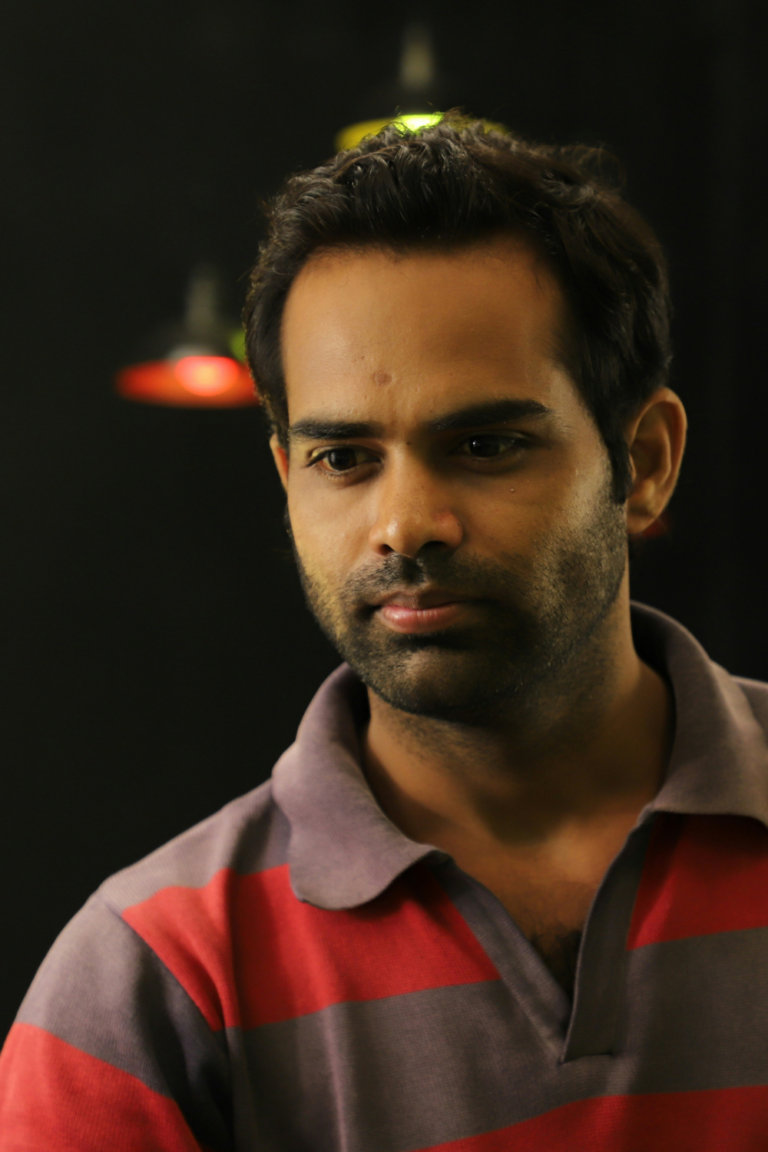Ever Wonder Where All Your Money Goes?
Tracking money can feel overwhelming. You check your bank account and think, “Where did it all go?” I’ve been there too. Budgeting might sound boring, but it’s one of the most empowering things you can do for yourself. Imagine having control over your paycheck and being able to save for the things you want, without stressing about the next bill.
This guide will show you how to create a budget that works for you, step by step. Whether you’re trying to save for a big goal, tackle debt, or just stop living paycheck to paycheck, we’ve got you covered.
Why Budgeting Changed Everything for Me
Back in my early 20s, I avoided the word “budget.” It sounded restrictive, like I’d have to stop enjoying life. So, I didn’t bother. Instead, I spent without tracking anything. Then reality hit when I couldn’t afford an unexpected $300 car repair. That’s when I realized I needed a plan.
Starting a budget was intimidating, but once I got the hang of it, everything changed. I paid off debt faster, saved for vacations guilt-free, and even started investing. If I can do it, trust me—you can too.
The Power of Personal Budgeting
Here’s why creating a budget is worth your time:
- Gives You Control: Knowing where your money goes means fewer surprises and more confidence in handling finances.
- Reduces Stress: Living paycheck to paycheck is exhausting. Budgeting gives you breathing room.
- Helps You Reach Goals: Want to buy a house, start a business, or take a dream trip? A budget is your road map.
Studies show that people who budget are 33% more likely to achieve their financial goals. That could be you!
How to Build a Personal Budget That Works
Follow these steps to take charge of your finances:
1. Calculate Your Income
This is your starting point. Write down all your income sources, including side hustles or freelancing gigs. Make sure to focus on your net income (what you take home after taxes).
Quick Tip: Use tools like Mint to get a clear picture of your cash flow.
2. Track Your Expenses
You can’t build a budget if you don’t know where your money is going. For one month, track every dollar you spend. Split your expenses into two categories:
- Fixed Costs: Rent, utilities, subscriptions
- Variable Costs: Groceries, entertainment, dining out
Tools to Help: Apps like YNAB or spreadsheets make tracking simple.
3. Set Financial Goals
What do you want your money to do for you? Goals give your budget direction.
- Short-Term Goals (1–5 years): Build an emergency fund, pay off a credit card.
- Long-Term Goals (10+ years): Save for a house, start investing for retirement.
Write your goals down. Seeing them on paper makes them real.
4. Choose a Budgeting Method
There’s no one-size-fits-all approach, so pick a method that feels doable:
- 50/30/20 Rule:
- 50% for needs
- 30% for wants
- 20% for savings/investments
- Zero-Based Budgeting: Every dollar has a job. At the end of the month, your income minus expenses should equal zero.
- Envelope System: Allocate cash into envelopes for different categories. Once the envelope is empty, you’re done spending in that area.
Pro Tip: Start simple with the 50/30/20 rule, then tweak it as you go.
5. Automate and Adjust
Take the guesswork out of saving by automating transfers to your savings account. Review your budget monthly to make adjustments based on changes in income or expenses.
Why Budgets Aren’t the Enemy
Let’s bust a myth: Budgets aren’t about deprivation, they’re about prioritization.
Before I started budgeting, I thought it meant no more fun. But now, I budget for “fun money.” It’s guilt-free spending, and I don’t have to worry about overspending on essentials.
Common Budgeting Mistakes to Avoid
Here’s what to watch out for:
- Ignoring Small Expenses: Those $5 coffees add up.
- Not Tracking Consistently: Skipping months makes it hard to stay on track.
- Being Too Restrictive: If your budget feels like a punishment, you won’t stick to it.
The key is balance, spend on what matters most, but don’t forget to save.
How to Stick to Your Budget
Even the best budget fails if you don’t stick to it. Here’s how to stay consistent:
- Automate Savings: Pay yourself first by setting up automatic transfers to savings or investments.
- Review Monthly: Spend 10 minutes each month reviewing your budget and making adjustments.
- Use Technology: Apps like EveryDollar or PocketGuard help keep you accountable.
Real Success Stories
A friend of mine started using the envelope system to control her spending. Within a year, she paid off $10,000 in debt and saved enough for a trip to Europe. Budgeting made it possible, and it can do the same for you.
FAQ Section
1. What is a personal budget?
A plan for managing income and expenses to reach your financial goals.
2. Why is budgeting important?
It reduces financial stress, gives you control, and helps you achieve your dreams faster.
3. How do I start creating a personal budget?
Calculate your income, track expenses, set goals, and choose a budgeting method.
4. What are common budgeting methods?
The 50/30/20 rule, zero-based budgeting, and the envelope system are popular options.
5. How can I track my expenses effectively?
Use apps like Mint or YNAB to categorize and monitor spending.
6. What are some tips for sticking to a budget?
Automate savings, review monthly, and give yourself room for fun money.
7. How often should I review and adjust my budget?
Monthly or after any significant life change, like a new job or major expense.
8. What are common budgeting mistakes to avoid?
Overspending, ignoring small expenses, and skipping regular reviews.
9. How can budgeting help me save money?
It highlights unnecessary expenses and ensures your money aligns with your goals.
10. What tools or apps can assist with budgeting?
Mint, YNAB, and EveryDollar are great options for beginners.
Take the First Step Today
Budgeting isn’t complicated, and it’s never too late to start. Imagine what you could achieve with a plan in place, whether it’s buying a home, traveling, or building an emergency fund.
Open a budgeting app, track your expenses, or jot down your financial goals. The future you’ll thank you for it.
RELATED READING: Emergency Funds 101: Why Every Man Needs One and How to Build It
RELATED READING: Smart Financial Planning in Your 20s: Build Wealth for a Brighter Future
RELATED READING: Investment 101: Top Strategies for Beginners in Their 20s and 30s









